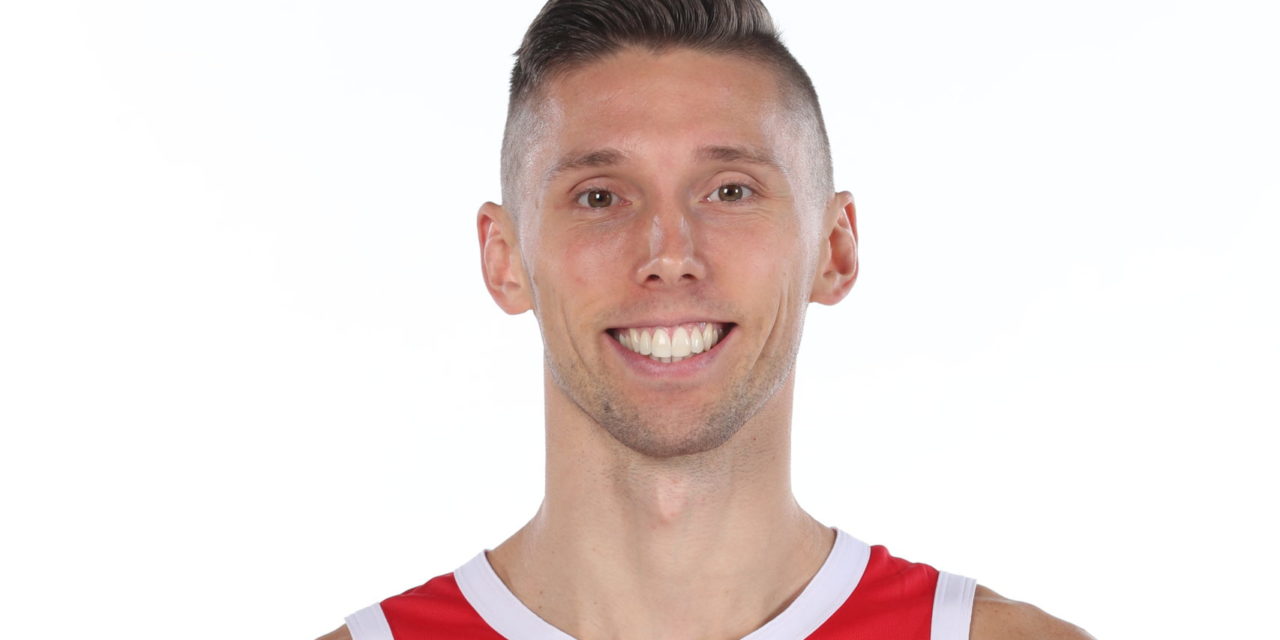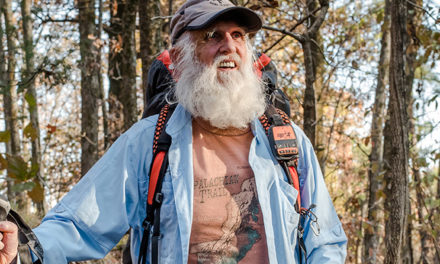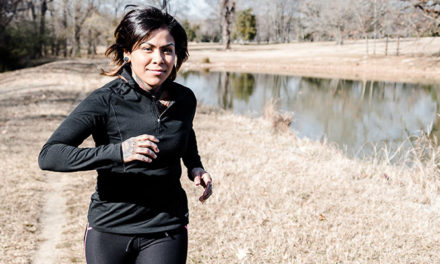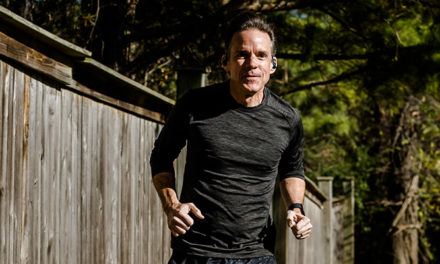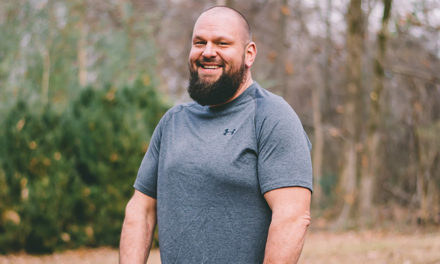Early in his basketball career, one of Jarrod Uthoff’s mentors gave him a piece of advice that has stayed with him: “There are no mistakes. Everything happens for a reason.”
While it doubles as a pragmatic approach to the twists and turns of life, it has also served as a fitness mantra for the 26-year-old Memphis Hustle star.
A former college hero at the University of Iowa, who played nine games for the Dallas Mavericks in 2017, Jarrod is renowned amongst the Grizzlies’ G-League affiliate team and front office for his dedication to health, fitness, and nutrition.
It’s clearly paying off, too. After missing two games with a slight shoulder injury in January (the only two he’s missed in his entire college and pro career), the 6-foot-9, 215-pound power forward established himself as the Hustle’s go-to offensive force in February with five straight double-doubles in points and rebounds.
Jarrod’s per-game season averages points (19.7), rebounds (10.8), assists (3.1), and minutes (34.7)—which rank as the best in his NBA career, ensuring he’s positioned as a potential Grizzlies call-up if injuries or poor form hit.
The Cedar Rapids, Iowa native sat down with Memphis Health and Fitness at the FedEx Forum to talk about his individual approach to fitness, recovery, and eating well—as well as the importance of a strong mental game when looking after your body.
When did you start taking fitness seriously as an athlete?
I started in college. In high school, you’re going through so many things. You have so many different stresses when you’re young and you don’t really know how to deal with a lot of stuff. In college, you get to learn a bit more about it and the effects that different exercises and fitness programs have on your body.
Was your greater understanding of fitness and how your body reacts to better care a shock in college?
The shock has been since I’ve become professional. I’ve taken it to a different level. In college, you start to gain the understanding, but since I’ve been a professional, I’ve become better and better at managing my body, in little things. Getting a bit older, you can’t just run through things like you could when you were younger. Over the years, you understand better and better your own body.
It sounds like the mental aspect of looking after your body became quite important to you?
It’s been a massive change for me, the mental side of it. I think that’s what separates a lot of the elite athletes from guys that could be. It’s something I’ve really honed in on over the last three or four years. I meditate every day, and I foam roll. I get my body loose and I do yoga poses —stuff like that. I find that it really helps me.
Give me a run through what your week might look like.
It’s hard to pinpoint a precise schedule because sometimes you play four or five games a week, and sometimes you only play one. You try to listen to your body as much as possible.
Sometimes you need to push yourself really hard because it’s been a while. Sometimes you’re just really worn down that day and your body is telling you to back off. When I was in college, I would have just pushed through it. Recovery is an essential part of performing at the next level.
Give me an example of some of the steps you take to recuperates after a game.
If you’re stressed out about stuff on or off the court, your body is not going to be able to perform at the same level. I meditate, calm myself down, and allow myself to overcome those stresses and push them aside, which is a pivotal part of recovery. A light little bike flushes your system out. Stretching is important for me too.
You’ve played several years in the NBA’s G League and in Russia. Are there any techniques you’ve picked up along the way you have incorporated into your fitness regime?
It’s more individualized than anything. I really need to depend on myself to have a long and healthy career. I can’t depend on anybody else. Of course, there are helpful people along the way, like our trainers here and support staff, but that support staff changes so often. You need to take the approach yourself; you need to be responsible for your long-term health on your own.
Put me in the gym with the Hustle. What does it look like?
I feel like we have a great group of guys who are genuinely good people. When you have that fun-loving, charismatic, love-the-game energy, it goes a long way. At the same time, we’re all competitive. You don’t get this far without being competitive.
You want to win, but maintaining that level of love for the game and having fun when you play is very important to the team. You pick other guys up, and the other guys pick you up.
What is your approach to your diet and eating well?
I have a very hard time gaining weight … and maintaining weight. I eat more stuff that I shouldn’t because I need to maintain weight during the season. I burn so many calories and have such a high metabolism.
I wake up every morning and have a little juice shake. I make smoothies for myself. For lunch, it really depends. Some type of protein, maybe rice or potatoes … and a lot of vegetables. A lot of it is centered on vegetables. I drink a lot of olive oil and coconut oil to maintain my weight. Increasing healthy fats in my diet has really helped me.
What’s your favorite aspect of working out?
I like the process of it. Sometimes it’s the worst thing ever to get on the bike and go bananas, but sometimes that’s what you need. Afterward, you feel this sense of accomplishment. With weight training, it’s great to feel your body getting stronger. You can sense that and it translates to the court.
What’s your fitness advice for those of us who aren’t professional athletes?
The mental aspect is so overlooked. That’s a bigger aspect than the physical. I could go on about eating more vegetables and less sugar, but more important is the mental aspect. Decreasing stress and allowing your body to recover means you are more focused on what you enjoy rather than what you hate. You go a lot further in life when you do that.”
By Ben Stanley
Photo by Tindall Stephens

